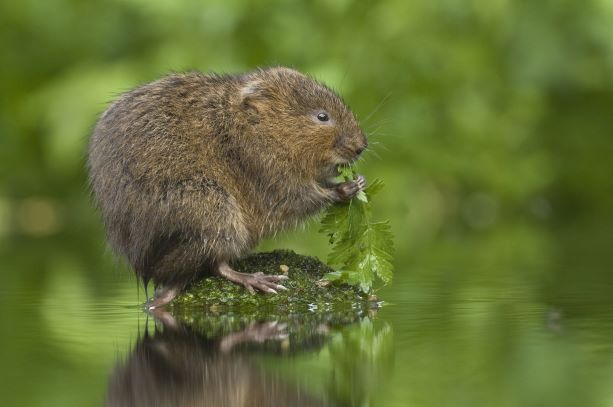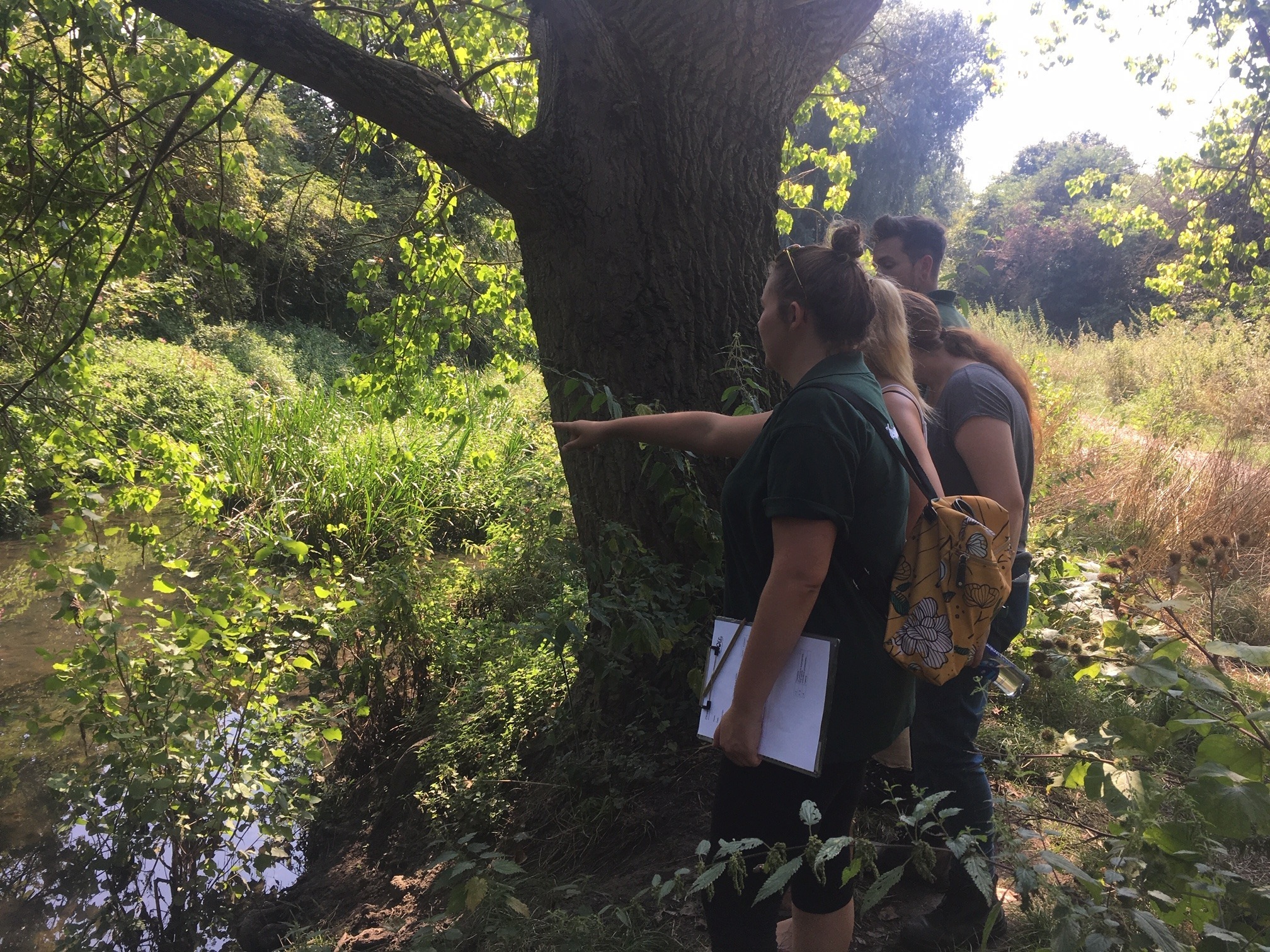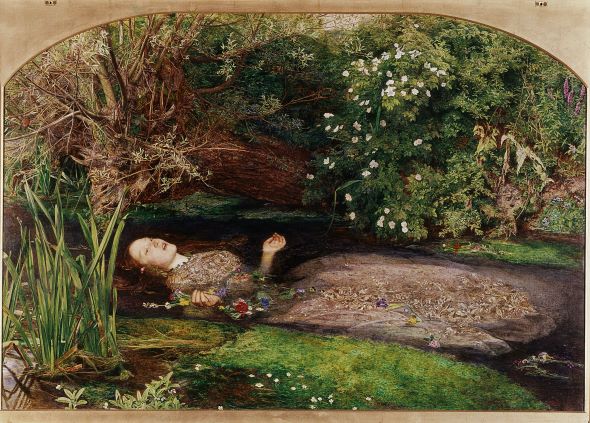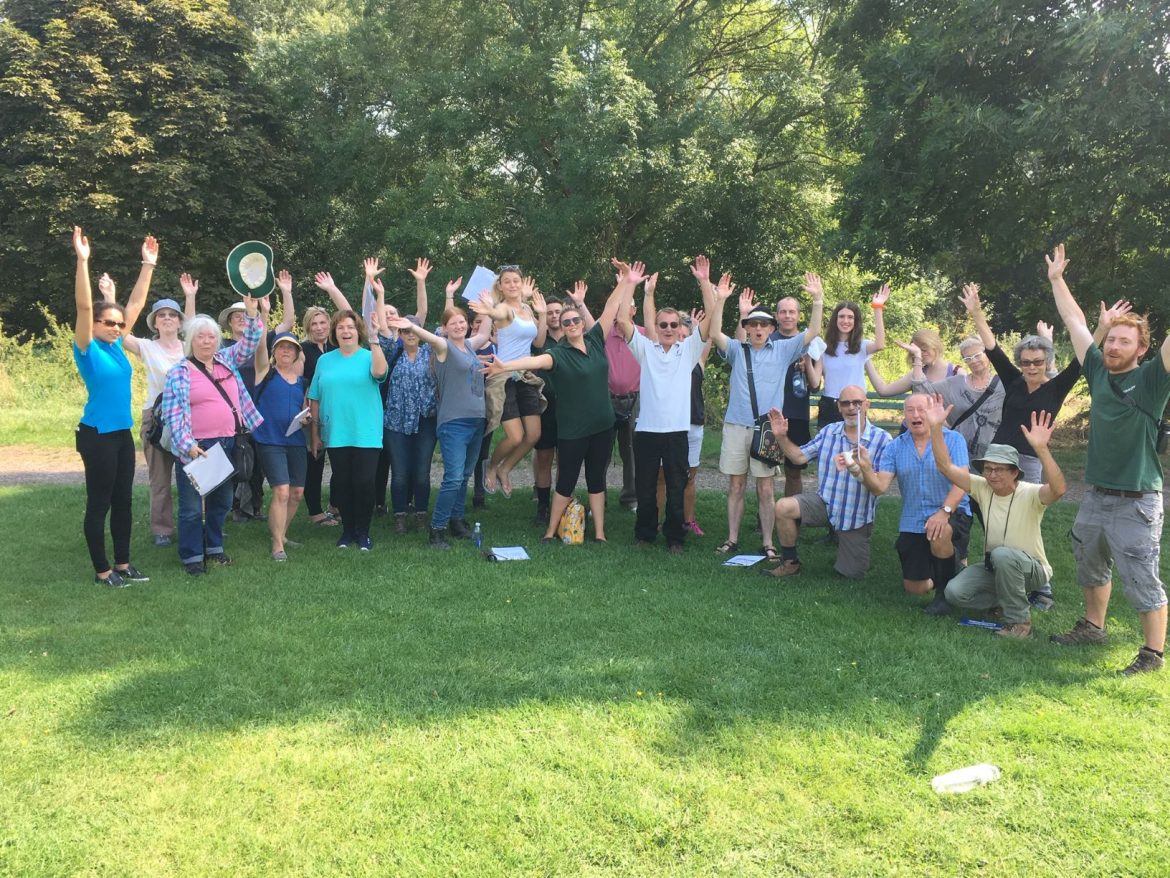A Kingston conservation group has collected £18,250 in donations from the public in just two months, to help return the native water vole to Hogsmill River.
The funds will assist the 60 volunteers in their mission to reintroduce the voles and will also finance a project officer.
The water vole, a legally protected species in Britain, is the fastest declining mammal in the UK due to increased habitat degradation and predation by the invasive American mink.
Citizen Zoo launched the fundraising initiative in September this year and has received 297 separate donations from the public so far.
Elliot Newton, co-founder of Citizen Zoo, said: “We started crowdfunding in September to raise £12,000 to purchase 200 water voles, but we received just over £18,000, which is really good.”

The native land and water mammal was deemed to be extinct in Kingston and was last recorded in 2017.
The Chessington Conservation Fund, a charity that helps to raise funds for local and international conservation campaigns, made the largest single donation of £5,000.

Volunteers also spend time monitoring the riverbank for the American mink, an invasive species which could be a threat once the water vole is reintroduced.
There have not been any sightings of a mink to date.
Why is the water vole important to Hogsmill River?
Newton said the water vole is an integral part of the local food web, supporting kestrels and other wildlife. Every plant and animal is connected to the overall function of the ecosystem.
Newton, who is also the founder of the Kingston Biodiversity Network said the team of volunteers are on track to release the water voles into Hogsmill River in the Spring of 2021.
The water vole was memorably removed from the famous painting, Ophelia, created by John Everett Millais in 1851.
Millais included the water vole in his original sketches of the Surrey river bank but his friends could not accurately name the animal so it was subsequently scrapped from the final portrait.

Newton said it was no surprise that the community contributed to the project due to the pandemic causing people to become more environmentally conscious.
“People have a greater appreciation for nature,” he said.
Anyone who is interested in becoming a volunteer with Citizen Zoo on the #GetInvoled project can email: hello@citizenzoo.co.uk .






